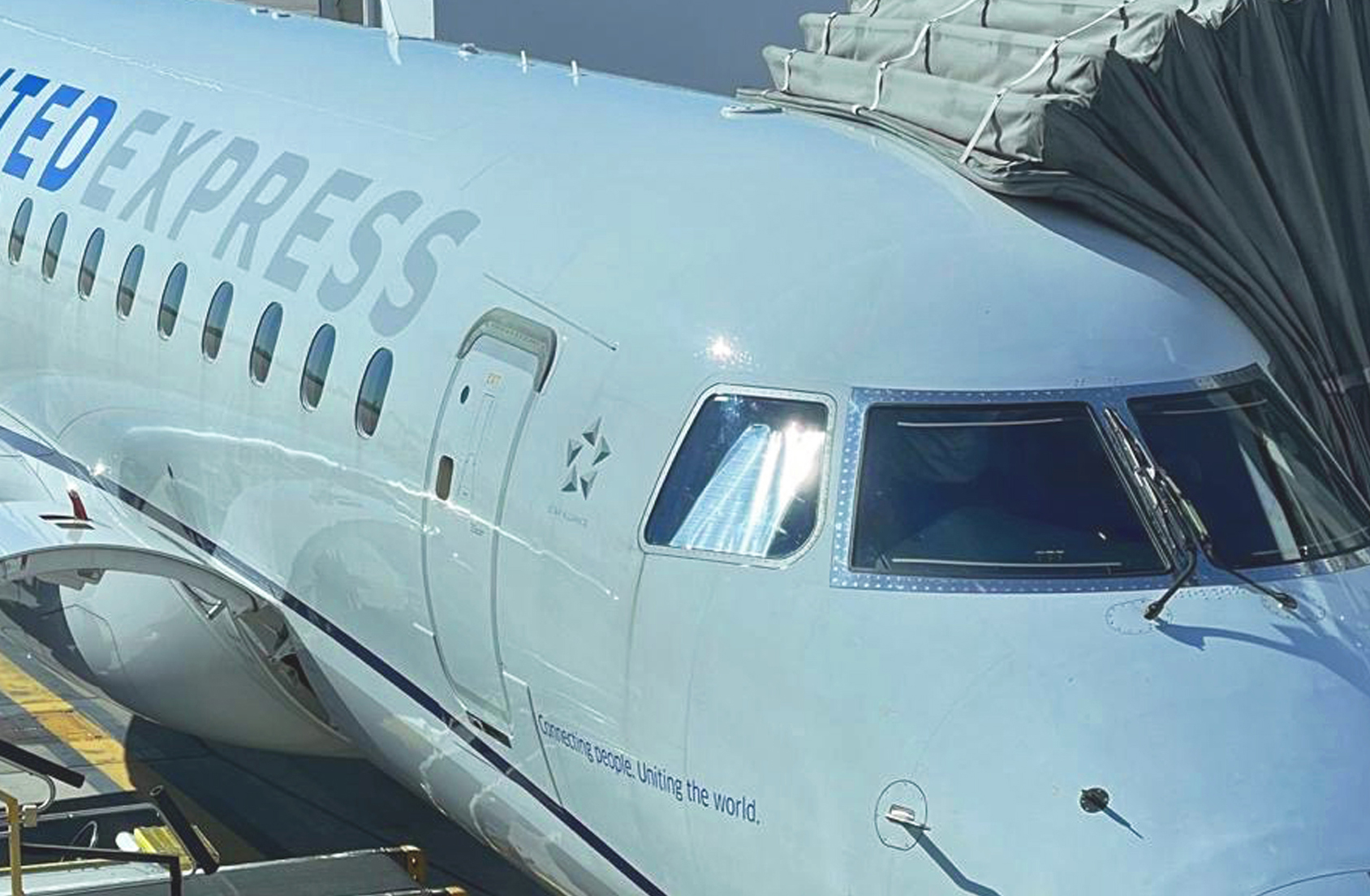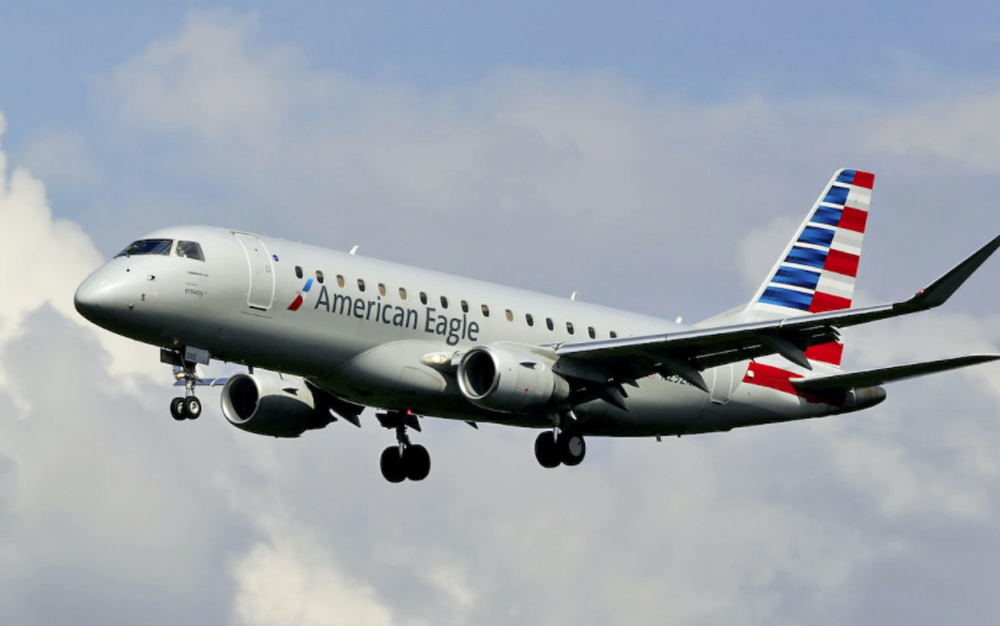The Regional Reckoning

September 6, 2022
IT’S BEEN quite a show, watching the regional airline sector reinvent itself.
For decades the regional carriers were the dregs of the airline business. The pay was dismal, working conditions hostile, your future uncertain at best. But then something happened. They ran out of pilots.
In a desperate attempt to recruit and retain pilots, salaries have skyrocketed. Carriers are offering unprecedented benefits and incentive packages. Many are giving out sign-on bonuses in the tens of thousands. Suddenly, their backs against the wall, these airlines are doing what they should have done years ago: making themselves attractive places to work.
If you’re unclear, the companies we’re talking about are the various “Express” and “Connection” subcontractors that fly on behalf of the legacy majors. Some of these airlines are wholly owned by their big-league affiliates, but they operate as independent entities, with their own fleets, employee groups, seniority lists and pay rates.
My first job as a commercial pilot, in 1990, was with a regional outfit called Northeast Express, operating on behalf of Northwest Airlines. My opening salary was less than a thousand dollars a month. Sure, 1990 was a long time ago, but it wasn’t that long ago. Five years and a bankruptcy later, working at American Eagle, I made $14,500 a year. Then, as a captain at TWA Express in the late 1990s, I would’ve made around $40,000 — if I hadn’t quit before the year was out. Throughout the 1990s and into the new century, new-hire pilots were often expected to foot their own simulator training costs, on the order of $10,000 or more. And the money was only part of it. Schedules were brutal, contractual protections minimal or non-existent.
The idea was to put your time in and get the hell out. Keep your fingers crossed that the majors were hiring. Trouble was, as time went on, this became a bigger and bigger gamble. Beginning with the advent of modern regional jets (RJs) in the mid-1990s, the majors began outsourcing more and more flying to their lower-cost partners. Thus the regional sector grew and grew and grew, eventually accounting for 50 percent of all commercial flights in the United States. Fewer and fewer of the ranks, as a percentage, were moving on to better pastures. Pilots quickly realized that a job with a regional airline could easily mean an entire career with one. The “stepping stone” idea became a harder and harder sell. After sinking a hundred grand or more into primary flight training and a college degree, what the regionals had to offer was hardly a promising return on investment.
And so, in time, the number of applicants dried up. An entire generation of would-be pilots was driven away. Rightly so.

This spawned the pilot shortage we hear so much about. What many people don’t understand is that all along it’s been a shortage created by, and suffered by, the regional carriers. The majors, at least for now, still see a hundred applicants for every opening. At the regionals it’s another story. They were being burned at both ends: new-hires became impossible to find, while the major carrier hiring wave was skimming the more experienced pilots from the top. They were cancelling flights, getting rid of planes, in some cases shutting down entirely.
Something had to be done, and this is that something. Having been in this business for over thirty years, I can hardly believe I’m typing these words, but a first-year pilot at a regional carrier can now look forward to a a six figure income. Or close to it. I can’t overstate how staggering this is. That’s ten times what I made in 1990. Above and beyond the monetary improvements, several regionals have also put together “flow-through” agreements, whereby regional pilots are guaranteed a future slot at a major.
Going back through my old columns and article, one of my most repeated gripes was that of regional carrier pay and working conditions. Not anymore. Flying for a regional airline is set to become a vastly different job than it was.
Looks like I was born thirty years too early.
I just hope this latest generation appreciates it, and realizes what the prior one went through. They oughtn’t be surprised if they sense a little resentment coming from their older peers.
Which isn’t to begrudge them. This was a long time coming and it’s fully deserved. Finally, entry-level airline pilots can earn a decent and dignified living.
Related Stories:
THIRTY YEARS ON
WHO’S MORE EXPERIENCED?
THE RIGHT SEAT
United Express photo courtesy of Itamar Reuven



